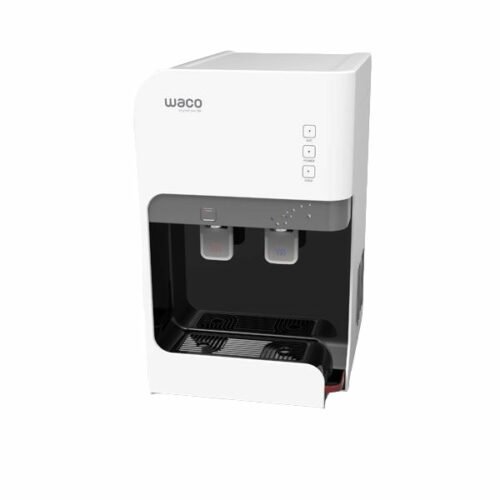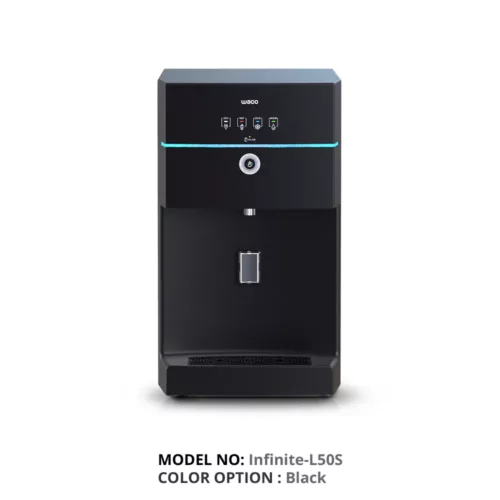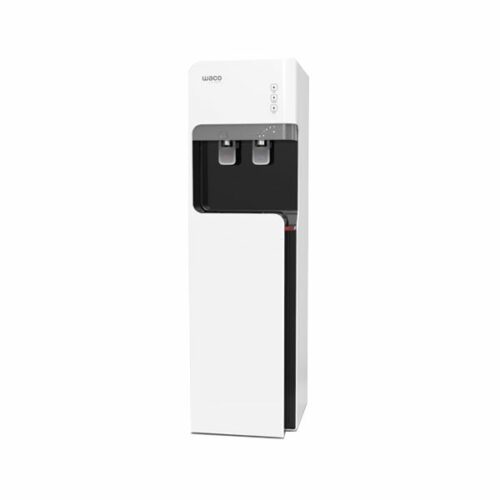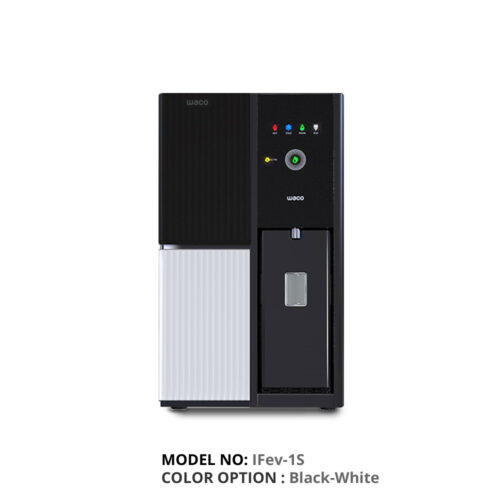Once only seen in offices and commercial premises, drinking water dispensers have become a popular addition in many other locations including the home. The type of filtration used in any model of water dispenser Singapore has available will depend on the quality of the water available in any location and the possible contaminants that the water dispenser will have to deal with. Common methods used for the process of filtration in a typical water dispenser Singapore suppliers offer include:
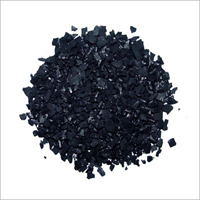
- Activated carbon
- Ultraviolet
- Ceramic filters
- Reverse osmosis
- Ultrafiltration
Indeed, some models of water dispenser Singapore companies sell may include more than one type of water filtration depending on their intended use.
One of the most common sights are the bottled water dispensers which utilize pre-filtered water and are simply located in a convenient dispenser ready for use anywhere. These models require the bottle to be replaced once it is empty. How pure the water used in such dispensers can vary depending on the filtration process used by the supplier. The water can also become contaminated through prolonged contact with the plastic bottle.
Plumbed-in water dispensers are another common feature, especially in office and work environments. These dispensing units are normally connected directly to the mains water supply and the filtration process takes place in the actual unit before the water is dispensed from the tap or outlet. This type of water dispenser Singapore retailers also make available in counter top versions for use at home or in smaller office locations.
Reverse osmosis – This system of water filtration is normally common in the larger sized models of water dispenser Singapore sells which are connected directly to the plumbing of the property where it is installed. The filtering process involves forcing the water at high pressure through a membrane, which is porous, and this traps any contaminants present in the water, and allows only clean and safe drinking water to pass through to the storage tank or reservoir, ready to be chilled or heated and eventually dispensed. Reverse osmosis is highly effective at removing the majority of impurities which are organic or inorganic; however, it also produces a large volume of waste water as part of the process.
Activated carbon filters are especially popular for use with reverse osmosis systems as they can be used to eliminate synthetic chemicals which may have passed through the membrane. It is also commonly used on its own as water filtration system and is particularly good at removing chlorine, chemical compounds and pesticides from water.
Ultra-violet filtration systems are often recommended by water dispenser Singapore sales outlets as they are often used to remove microbes, parasites and waterborne cysts which can cause disease and sickness in some people. Ultraviolet filtration systems use mercury based low pressure lighting to kill any micro-organisms that may be present in the water being treated.
Ceramic filters are micro-porous and are good at keeping potentially dangerous microbes from being transmitted through the filter into the drinking water. However, ceramic filters need to be changed or cleaned frequently to avoid build up of deposits on the filter which can make the filtration process less efficient and effective.
The biggest drawback with both UV filtering systems and also ceramic filters is that they do not effectively eliminate chemical based contamination from the water.
Ultrafiltration is required for the removal of the smallest contaminants, bacteria and chemical residues found in water. Ultrafiltration provides water of very high purity. It is often applied in the production of food and beverages as well in certain pharmaceutical production processes also due to its high quality results.
Many water dispenser Singapore suppliers will be able to offer advice on the best type of filtering system based on your requirements.

